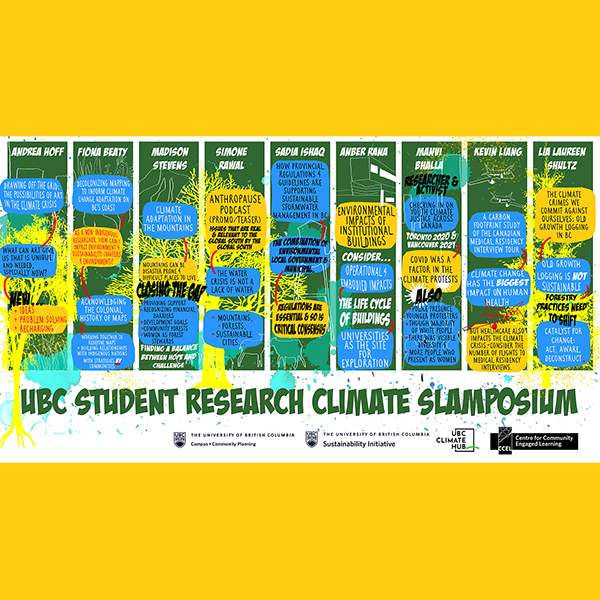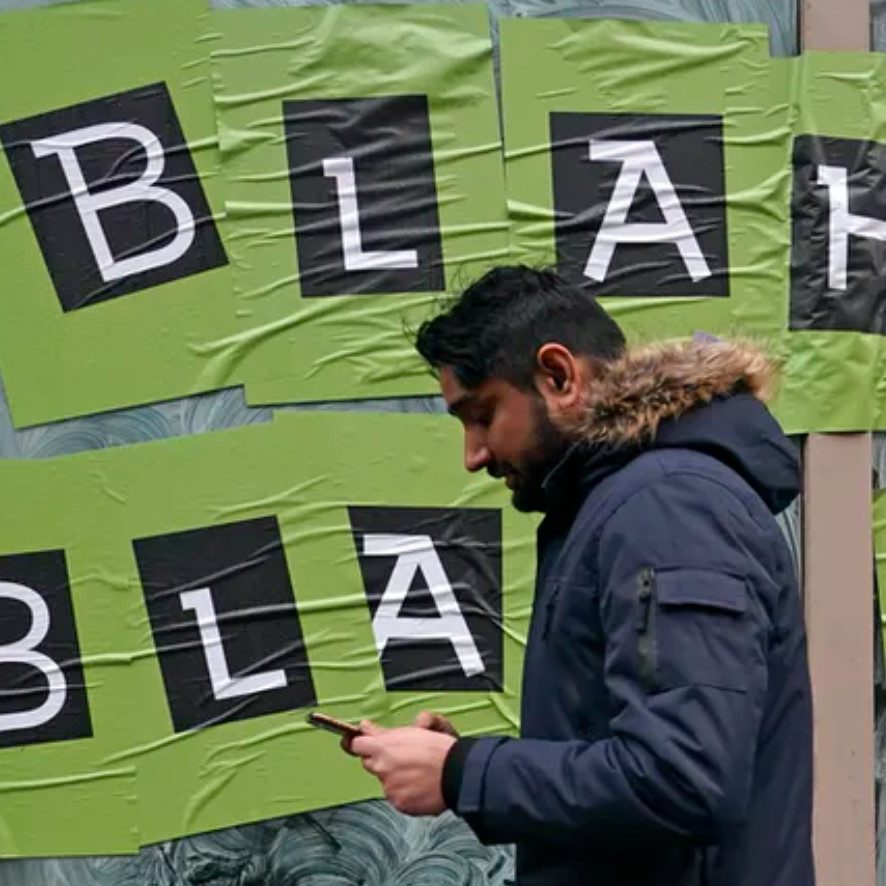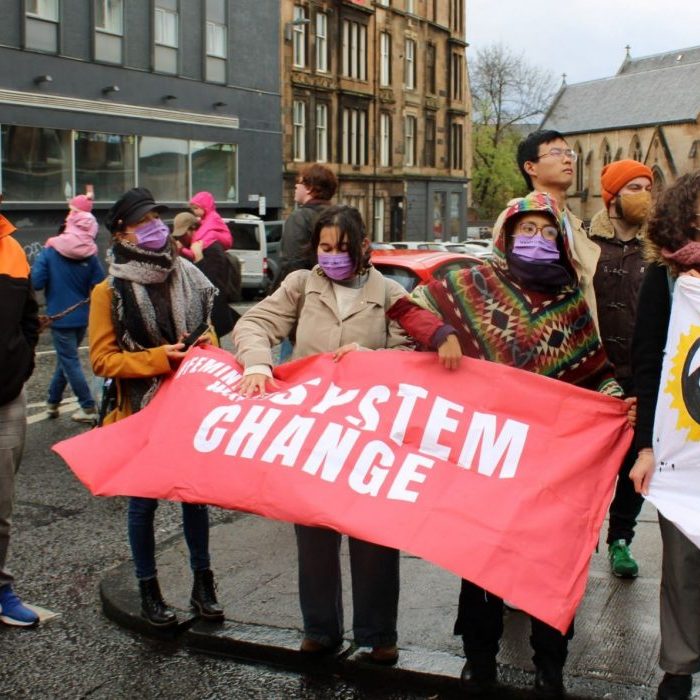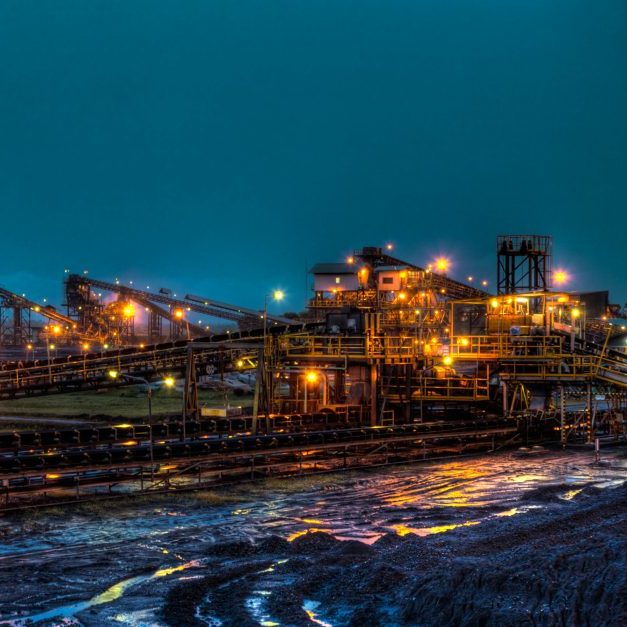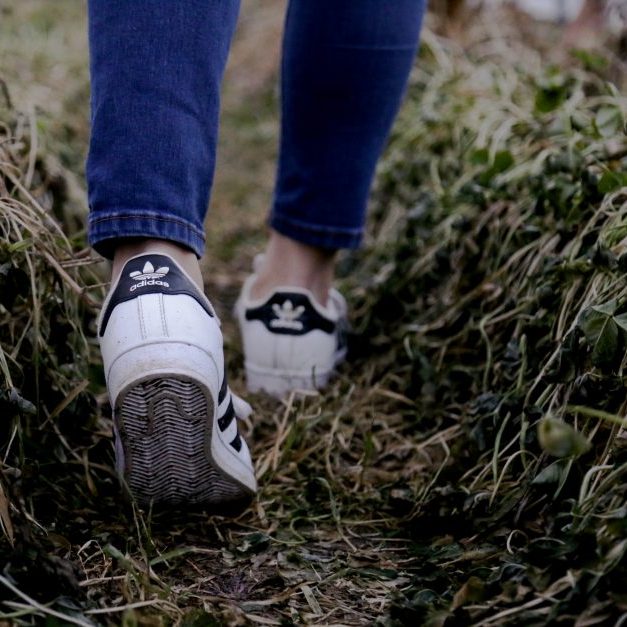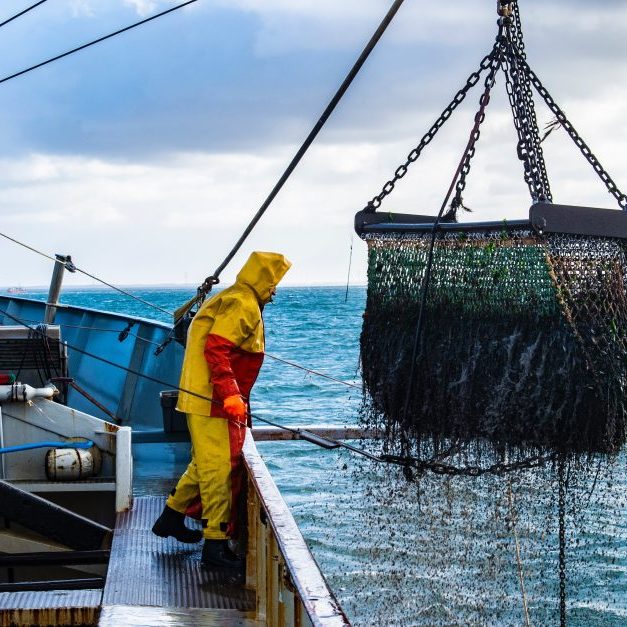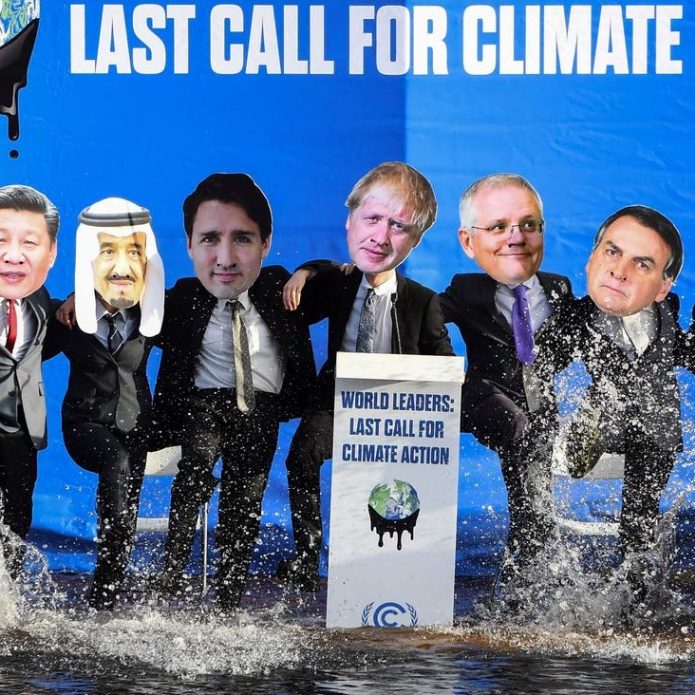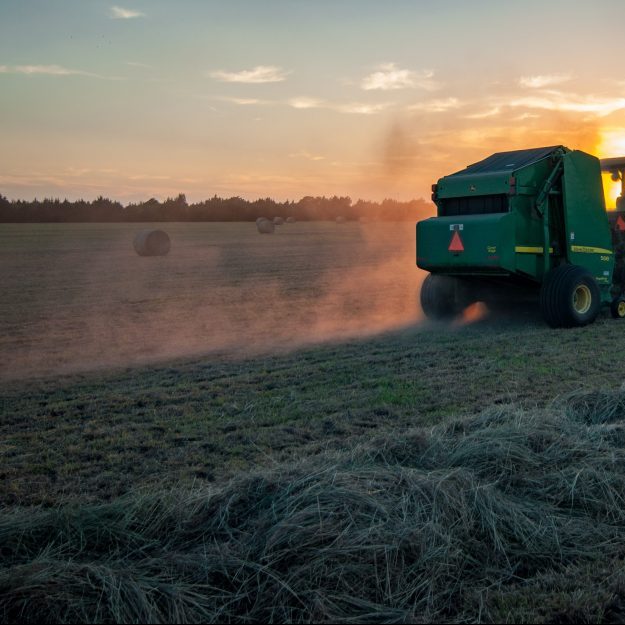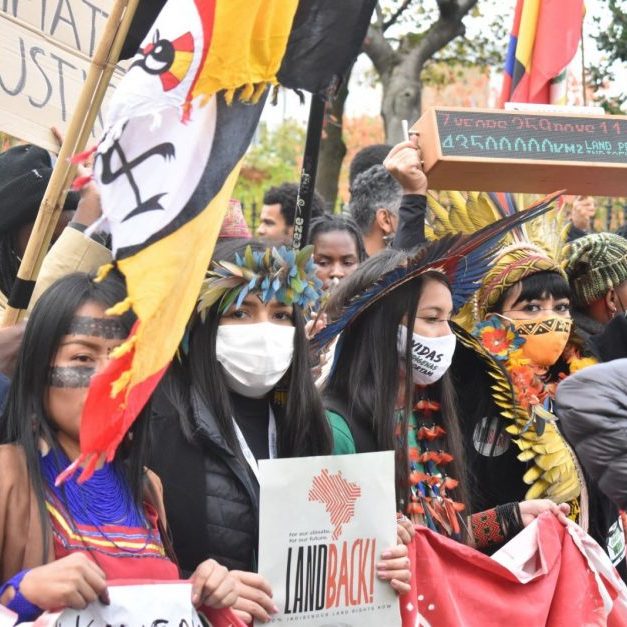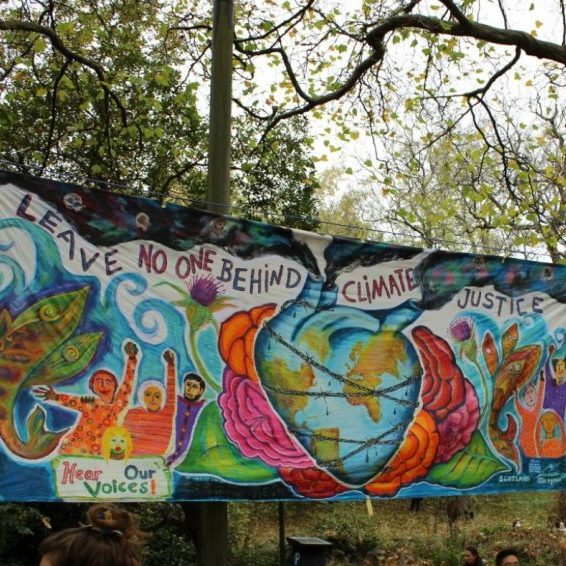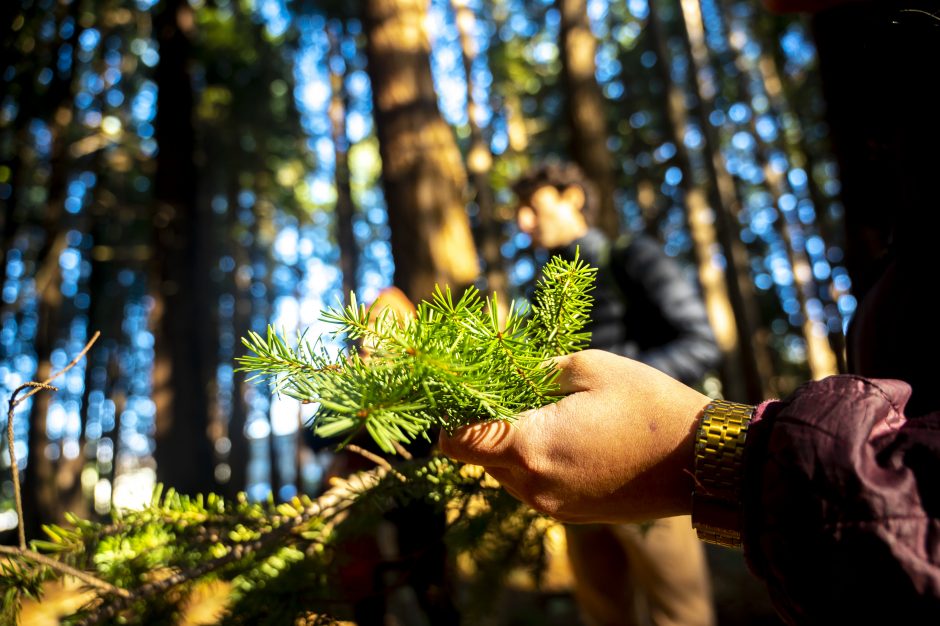
UBC understands that the actions we take today will affect human and environmental wellbeing for generations to come.
The stories below provide a window into the broad range of climate emergency-related activities underway by UBC academic units, operational departments, community initiatives, and student groups. UBC invites you to explore what’s happening, and join us in this vital work.
Featured Stories
Climate Emergency Fund Recipients Share Back

Sustainability Ambassadors Program
Join us in this interview with Jack Suchodolski and Kshamta Hunter to learn more about the Sustainability Ambassador’s Program, how the Climate Emergency Fund (CEF) has helped the program grow, and hear advice from Jack on getting involved in sustainability leadership.

Climate Justice UBC
Join us in this Q and A with Michelle Xie and Yasmina Seifeddine from CJUBC, as they discuss CJUBC’s demands for UBC to follow up on their fossil fuel divestment commitments, how the Climate Emergency Fund (CEF) has supported CJUBC’s work and values, and the deeper message behind the recent release of the CJUBC CEF Grant Report.
All Stories
UBC Student Climate Research Slamposium Recap
Dec 07, 2021
Climate change denial 2.0 was on full display at COP26, but there was also pushback
Nov 28, 2021
The recent climate conference in Glasgow, Scotland, shows that climate change deniers have shifted their tactics to thwart the efforts of countries to phase out fossil fuel use.
This article by David Tindall, Professor, Department of Sociology, UBC, originally appeared in The Conversation on November 18, 2021.
Capitalism needs a redo
Nov 12, 2021
We are now in a climate crisis, as has been declared in a number of political jurisdictions — such as the City of Vancouver — and organizations including the University of British Columbia.
The role of capitalism in addressing the problem is relevant because struggles over how to address climate change are based on differing evaluations of capitalism. There are many social justice issues important in this debate, but I will focus mostly on some environmental, and political considerations.
This article by David Tindall, Professor, Department of Sociology, UBC, originally appeared in the National Observer on November 11, 2021.
When will steel go green? How B.C. coal fuels one of the highest emitting industries in the world
According to a research group, steel production is responsible for about 7% of global greenhouse gas emissions. The calls from COP26 have been clear: the world must stop burning coal if it hopes to avoid catastrophic global temperature rise. Dr. John Steen, a professor of mining engineering at UBC’s faculty of applied science, gave comments about clean hydrogen.
This article originally appeared in the CBC on November 12, 2021.
Canada has a quarter of world’s soil carbon. Keeping it in the ground could curb climate change, experts say
Canada has 384 billion tonnes carbon stored in peatland and other soils according to a new study. UBC forestry professor Dr. Suzanne Simard commented on a study that puts a spotlight on large soil carbon storage in terrestrial ecosystems of Canada. She said soil carbon faces several threats and this would, in turn, accelerate climate change.
This article by Inayat Singh, Alice Hopton originally appeared in the CBC on November 10, 2021.
Scientists urge COP26 not to sideline fishery issues
Dr. Rashid Sumaila, a professor at the Institute for the Oceans and Fisheries and the school of public policy and global affairs at UBC, was quoted about the importance of healthy fisheries.
This article originally appeared in the UnderCurrent on November 10, 2021.
‘Hot air in Glasgow means it’s time for radical leadership’: Read full letter signed by more than 200 academics
Dr. William Rees, a professor emeritus at UBC's faculty of applied science's school of community and regional planning, is among the signatories to an open letter urging communities to lead their own emergency response to slash dangerous greenhouse gas emissions.
Hundreds of scholars sign open letter urging communities to lead their own ‘emergency response’ after ‘failure’ of Cop26 to slash dangerous greenhouse gas emissions.
This article originally appeared in the Independent on November 11, 2021.
Focus on food technology at climate conference ignores what most of the world’s farmers need, experts say
Forty-five governments led by the U.K. pledged Saturday at a global climate change conference in Glasgow, Scotland, to spend billions on transforming the world's farms, fisheries and forests in an effort to make our food more sustainable.
This article by Marc Fawcett-Atkinson originally appeared in the National Observer on November 8, 2021.
Young people like Greta Thunberg will ensure climate activism is here to stay
This article by David Tindall, Professor, Department of Sociology, UBC, originally appeared in the National Observer on November 9, 2021.
When will climate justice be served?
Nov 09, 2021
Climate justice is a rights-based approach to addressing the problems of increased warming temperatures, droughts, floods, more extreme storms, increased disease, crop failures, climate migration, and increased climate change-related social conflict.
